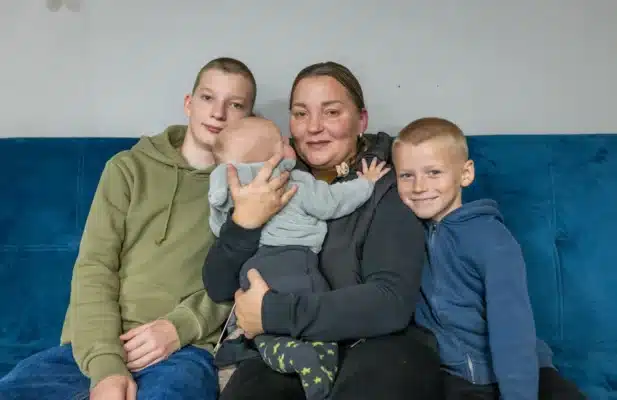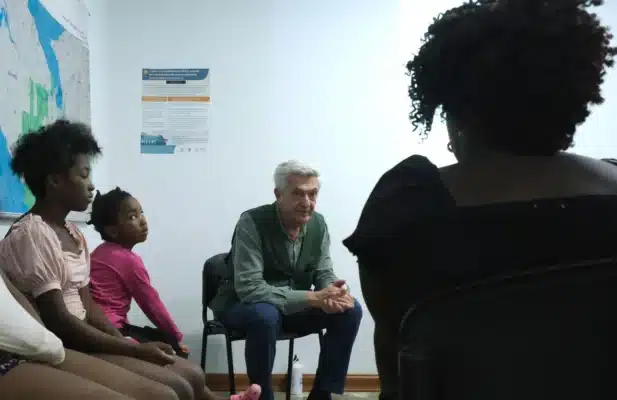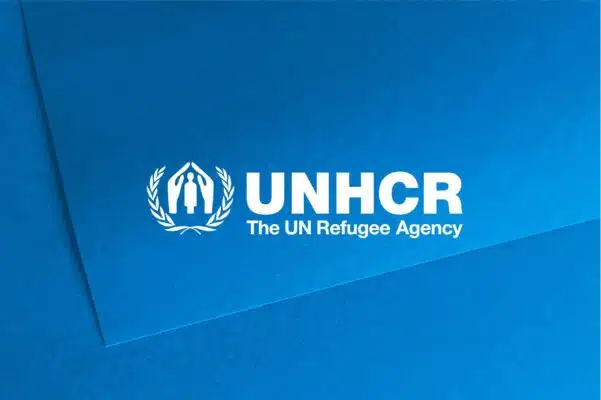NEW YORK/GENEVA/ROME – As humanitarian leaders, our position is clear: We will not participate in the establishment of any ”safe zone” in Gaza that is set up without the agreement of all the parties, and unless fundamental conditions are in place to ensure safety and other essential needs are met and a mechanism is in place to supervise its implementation.
Under the prevalent conditions, proposals to unilaterally create “safe zones” in Gaza risk creating harm for civilians, including large-scale loss of life, and must be rejected. Without the right conditions, concentrating civilians in such zones in the context of active hostilities can raise the risk of attack and additional harm. No “safe zone” is truly safe when it is declared unilaterally or enforced by the presence of armed forces.
Any discussions around “safe zones” must not detract from the parties’ obligation to take constant care to spare civilians – wherever they are – and meet their essential needs, including by facilitating rapid, safe and unhindered humanitarian access to all civilians in need.
Intense hostilities and large-scale destruction of civilian infrastructure have driven the mass displacement of civilians. Almost 1.6 million people are currently displaced in Gaza. The civilian population in Gaza must have access to the essentials for survival, including food, water, shelter, hygiene, health, assistance, and safety. Humanitarian organizations must have access to fuel in sufficient quantities to deliver aid and provide basic services. We remain committed to the assistance and protection of civilians and other protected persons, wherever they are. Humanitarian relief personnel must be ensured the freedom of movement essential to carry out their functions subject to the requirements under international humanitarian law.
None of the humanitarian organizations we represent has been involved in preparing for the arrival of displaced people in any prospective “safe zone” – or “humanitarian zone” – in Gaza.
A “safe zone” is a temporary area that aims to keep civilians safe, protected, and spared from hostilities. The following conditions must be in place for all displaced people in a “safe zone”:
- The agreement of the parties to refrain from hostilities in and around the zone and to respect its civilian character.
- Provision of the essentials for survival, including food, water, shelter, hygiene, health assistance, and safety.
- Allowing displaced people to move freely and voluntarily return to their residences as soon as possible.
Failure to meet these basic conditions may constitute a breach of international humanitarian and human rights law.
We [1] also renew our call for a humanitarian ceasefire to ease the suffering and to help facilitate humanitarian operations, and the release of all hostages.
Elements of this statement were highlighted by the Emergency Relief Coordinator in a statementLink is external on 15 November 2023.
Signatories:
- Mr. Martin Griffiths, Emergency Relief Coordinator and Under-Secretary-General for Humanitarian Affairs (OCHA)
- Ms. Sofia Sprechmann Sineiro, Secretary General, CARE International
- Ms. Jane Backhurst, Chair, ICVA Board (Christian Aid)
- Mr. Jamie Munn, Executive Director, International Council of Voluntary Agencies (ICVA)
- Ms. Anne Goddard, Chief Executive Officer and President a.i., InterAction
- Ms. Amy E. Pope, Director General, International Organization for Migration (IOM)
- Ms. Tjada D’Oyen McKenna, Chief Executive Officer, Mercy Corps
- Mr. Volker Türk, United Nations High Commissioner for Human Rights (OHCHR)
- Ms. Janti Soeripto, President and Chief Executive Officer, Save the Children
- Ms. Paula Gaviria Betancur, United Nations Special Rapporteur on the Human Rights of Internally Displaced Persons (SR on HR of IDPs)
- Mr. Achim Steiner, Administrator, United Nations Development Programme (UNDP)
- Dr. Natalia Kanem, Executive Director, United Nations Population Fund (UNFPA)
- Mr. Filippo Grandi, United Nations High Commissioner for Refugees (UNHCR)
- Ms. Maimunah Mohd Sharif, Executive Director, United Nations Human Settlement Programme (UN-Habitat)
- Ms. Catherine Russell, Executive Director, United Nations Children’s Fund (UNICEF)
- Ms. Sima Bahous, Under-Secretary-General and Executive Director, UN Women
- Ms. Cindy McCain, Executive Director, World Food Programme (WFP)
- Dr. Tedros Adhanom Ghebreyesus, Director-General, World Health Organization (WHO)
[1] The United Nations Relief and Works Agency for Palestine Refugees in the Near East (UNRWA) fully supports the statement.





